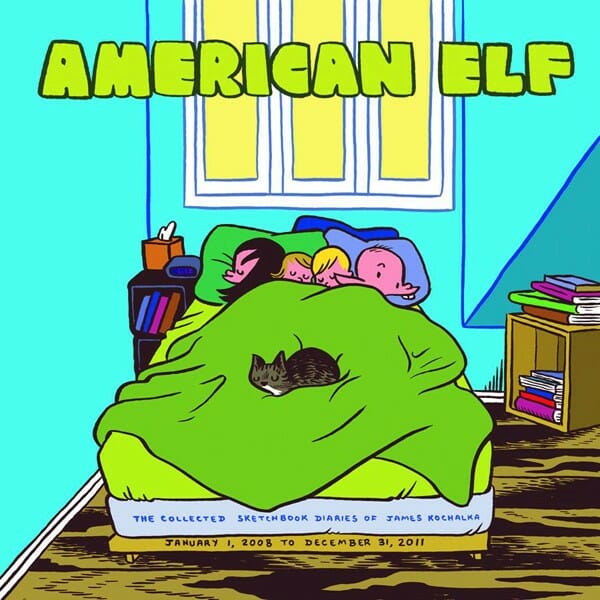Comic Book & Graphic Novel Round-Up (7/4/12)

Each week, Paste reviews the most intriguing comic books, graphic novels, graphic memoirs and other illustrated books.

Ed the Happy Clown
by Chester Brown
Drawn + Quarterly, 2012
Rating: 7.9
Repackaged for the first time in 20 years, this time by Drawn + Quarterly, with extensive notes by the artist, Chester Brown’s Ed the Happy Clown may be the strangest thing he’s ever done, and if you know his work, you know that’s saying something. Born from an experiment with surrealism, it almost reads like a game of exquisite corpse, if you can imagine one in which every panel was created by the same person. At first its elements are disjointed, bubbling up from Brown’s subconscious to illustrate different anxieties, but as the book goes on, he forges a plot from them, making you almost forget your initial confusion. If you take a step back, it’s like watching Michael Kupperman turn into Alison Bechdel. The notes, as ever with Brown, are hilariously straightforward, stoically hand-lettered explanations of the decisions he made and what influenced them (for example, the reason an alternate dimension’s Ronald Reagan, whose head ends up on the tip of the title character’s penis, doesn’t resemble our own is simply that Brown wasn’t very familiar with him as more than a concept). Depicting a world of nightmarish chaos in which the social contract seems to have evaporated and even our own bodies betray us in the most mortifying fashion, Ed the Happy Clown is a unique window into fears both utterly individual and strangely universal. (HB)

American Elf Book 4: The Collected Sketchbook Diaries of James
Kochalka: January 1 2008 – December 31 2011
by James Kochalka
Top Shelf, 2012
Rating: 8.0
-

-

-

-

-

-

-

-

-

-

-

-

-

-

-

-

-

-

-

-

-

-

-

-

-

-

-

-

-

-

-

-

-

-

-

-

-

-

-

-










































